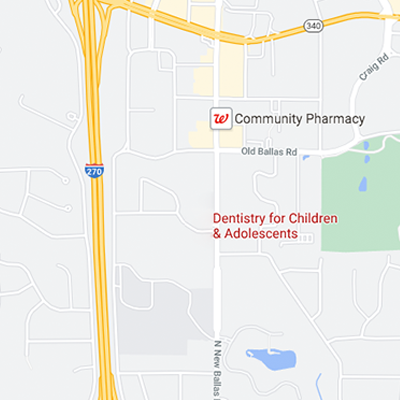Just mentioning the term “wisdom teeth” in any setting can often illicit a tragic story of pain and suffering from a group of people. And yet, with all that experience it is hard to come up with a defined answer to an old question: “When should I have my wisdom teeth removed?”
The facts of the answer are not all cut and dry, but today we intend to shed some light on it for you.
Let’s start off with a fun fact. The term “wisdom teeth” was derived from the fact that they grow in around the ages of 17 to 21, right when a person is old enough to have grown up a bit.
It is important to note that not all wisdom teeth need to be removed, only those that cause problems. What constitutes a problem? Things like:
- Crowding of other teeth
- Teeth growing in at an awkward angle
- Impacted teeth
- Any pain or irritation in the teeth or the gum tissue surrounding the teeth
However, it is not uncommon to have a dentist say you should have them removed anyway, even though you are currently not experiencing pain. Why is that?
As teeth grow in, so do their roots. These roots grow down into the jaw to help hold teeth in place. If the root grows too close to the nerves in your jaw, it can wreak havoc and cause severe pain as the root deepens. Often, dentists are acting proactively in these situations.
Dentists are far more prone to have younger patients take on this surgery because they are more capable of recovering from it than an older person.
So, “When should I have my wisdom teeth removed,” has only one real answer: “When your dentist says to.”
Trusting your dentist is crucial to understanding proper dental hygiene, and the truth is that finding the right dentist can be a chore. We here at Dentistry for Children & Adolescents pride ourselves on being approachable and communicative with our patients and their parents. We work to build relationships with them and ensure that they are educated on the facts of every procedure we engage in.
In the meantime, feel free to download our FREE guide to dental emergencies for parents! It covers a wide arrangement of injuries and how you should treat them.




